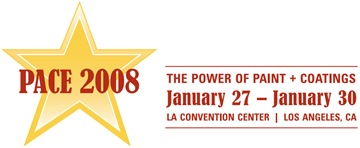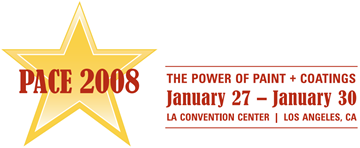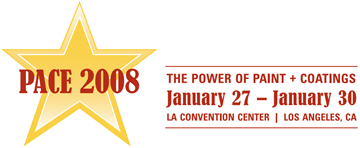Search
Overcoating, Do You or Don’t You
Also Purchased
New Splash Zone Sulfur Containing Polyamidoamine Epoxy Type Coating
Product Number:
41208-403-SG
Publication Date:
2008
$20.00
Developments in Testing Standards and Test Equipment for Discontinuities (Porosity) in Coatings
Product Number:
41208-416-SG
Publication Date:
2008
$20.00
Odor and Corrosion Problems in Wastewater Collection Systems and Treatment Plants: Two Related Issues Requiring Distinctly Separate Control Strategies
Product Number:
41208-435-SG
Publication Date:
2008
$20.00
Recently viewed




